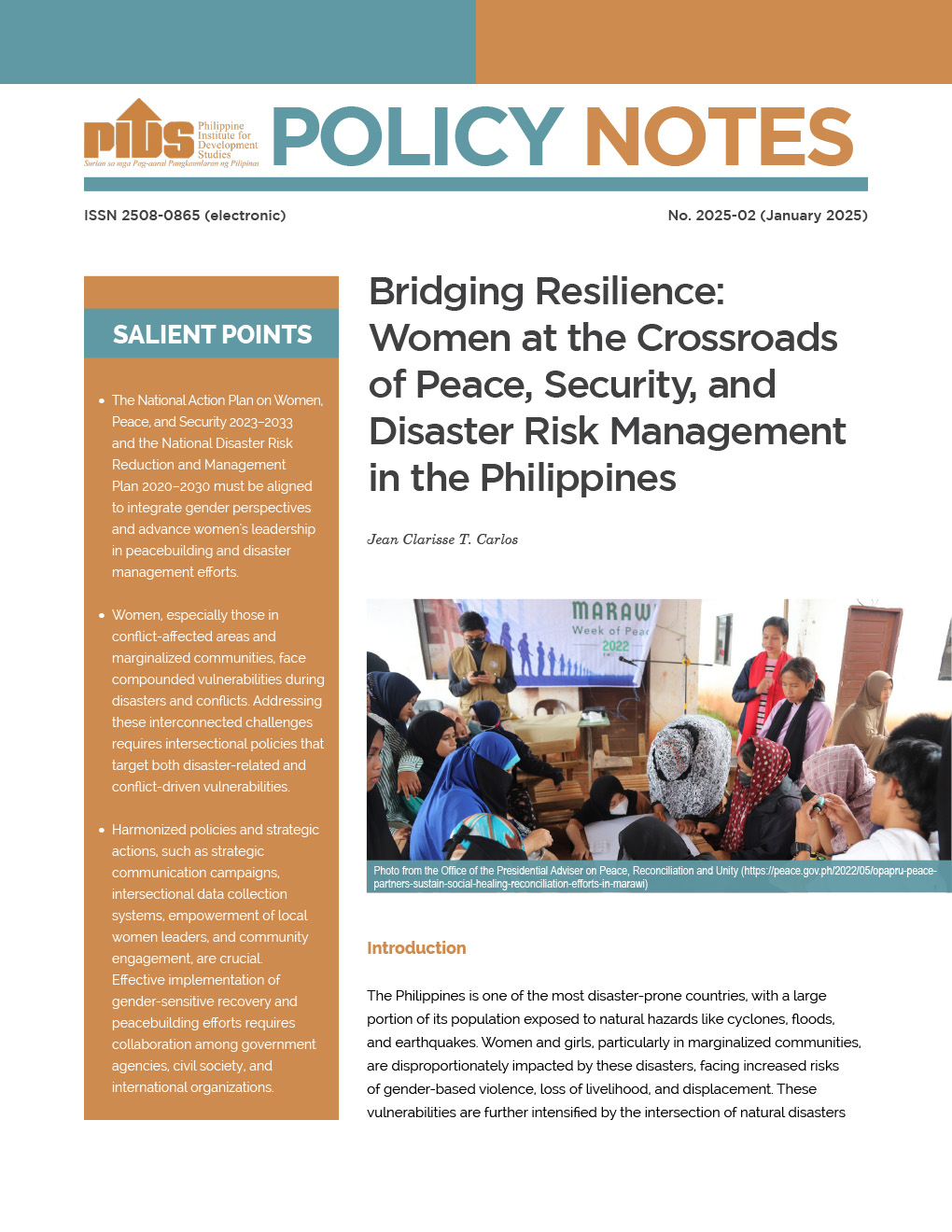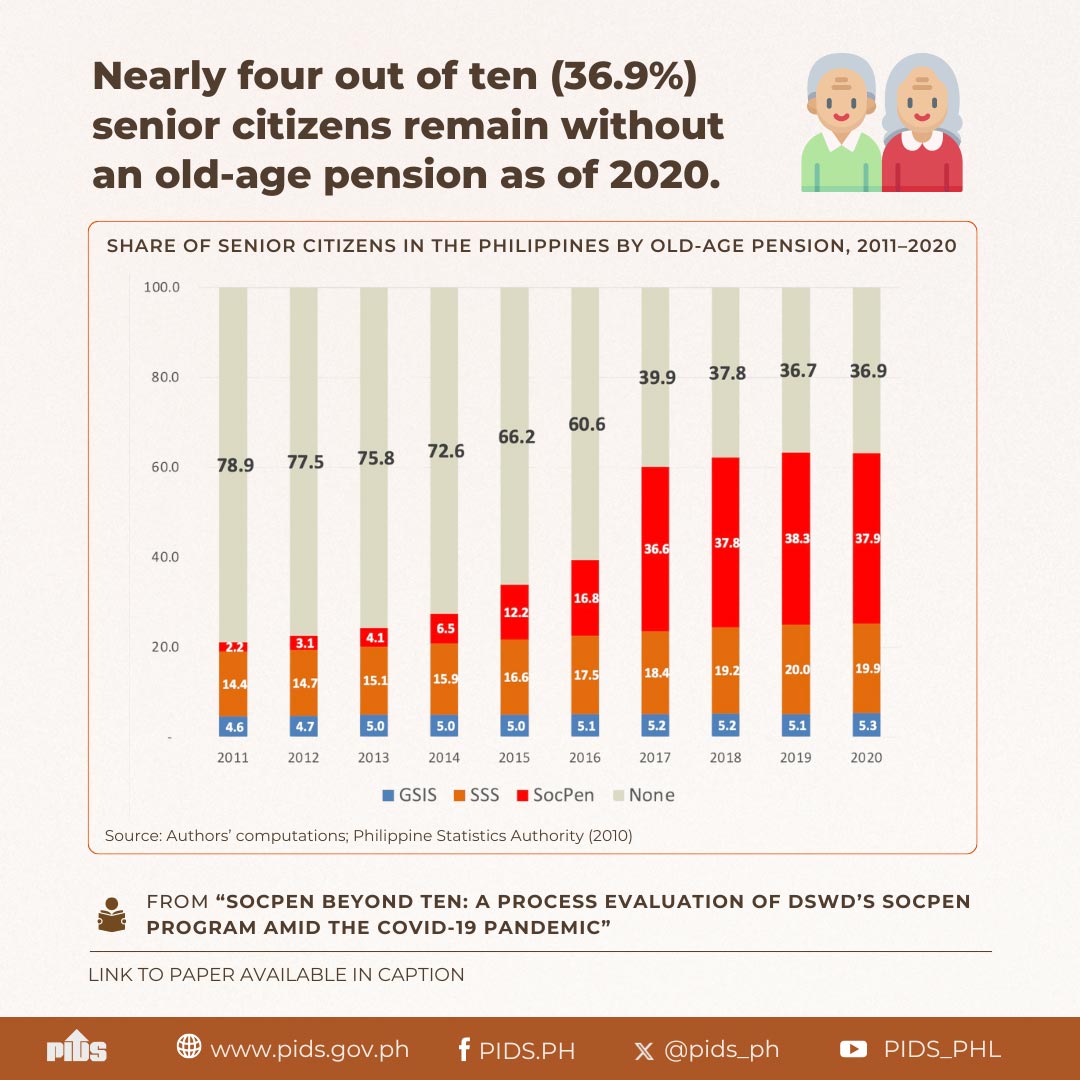Quezon City, Philippines - In line with the 22nd Development Policy Research Month (DPRM), the Philippine Institute for Development Studies (PIDS) is advocating for a society where everyone can achieve financial resilience and escape poverty. This year's theme, "Securing a Future for All by Growing a Resilient Middle Class," underscores the importance of expanding this social segment to drive the country's economic growth and social progress.
While the middle class has gained significant attention, the challenges faced by the poor class often remain overlooked. The PIDS emphasizes the need to create a more equitable society where everyone has the opportunity to improve their financial well-being.
Regional disparities in income distribution highlight the uneven development across the Philippines. Calabarzon, for example, has the highest share of low-income individuals, while the National Capital Region (NCR) boasts the highest proportion of middle and high-income earners.
The study also reveals that the middle class is predominantly urban-based. This concentration in cities underscores the need for policies that promote inclusive growth and development in rural areas.
According to PIDS estimates, approximately 40% of Filipino society belonged to the middle class in 2021. This figure is projected to increase to 45% in the coming years, reflecting the growing resilience of the middle class.
The middle class is characterized by its ability to enjoy life's comforts and afford basic necessities. However, a high consumption rate does not necessarily equate to a strong financial position. It is essential to promote sustainable consumption habits and financial literacy to ensure the middle class's long-term resilience.
Good governance is identified as a key factor in achieving economic growth and expanding the middle class. Effective policies and institutions are crucial for creating a conducive environment for businesses and investments, particularly for small and medium-sized enterprises (SMEs).
PIDS calls for policies that promote SME competitiveness to foster job creation and economic opportunities. By supporting SMEs, the government can contribute to the growth of the middle class and reduce poverty.
In conclusion, the PIDS emphasizes the importance of creating a society where everyone has the opportunity to achieve financial resilience and escape poverty. By focusing on inclusive growth, addressing regional disparities, and promoting good governance, the Philippines can expand its middle class and build a more equitable and prosperous nation.
For more information on the 22nd Development Policy Research Month and its activities, visit the official DPRM website: https://dprm.pids.gov.ph/












